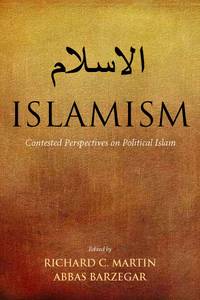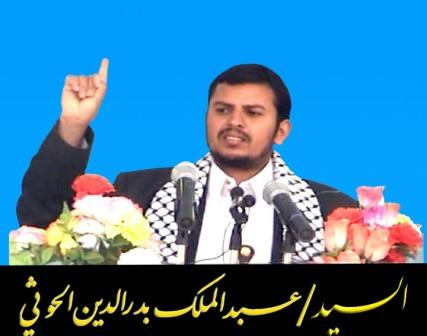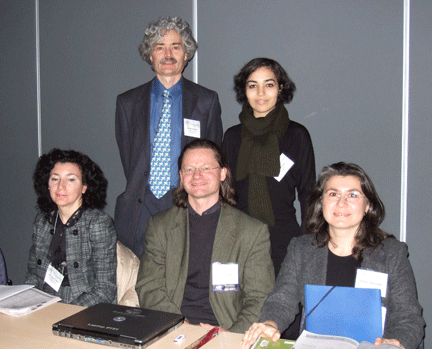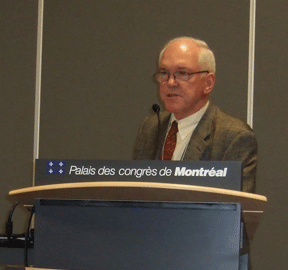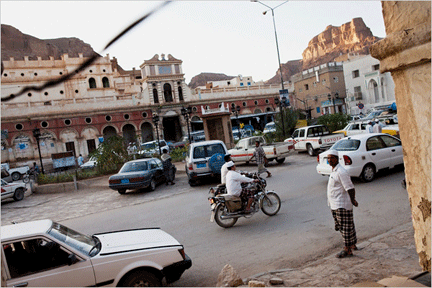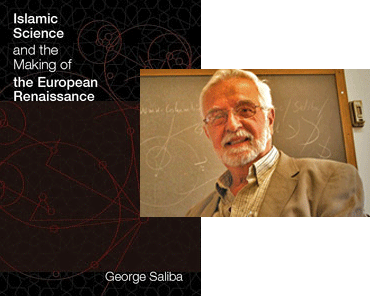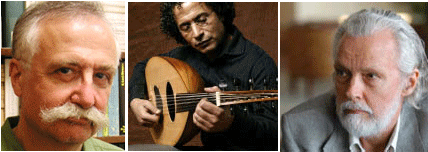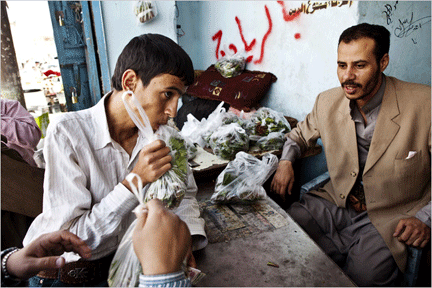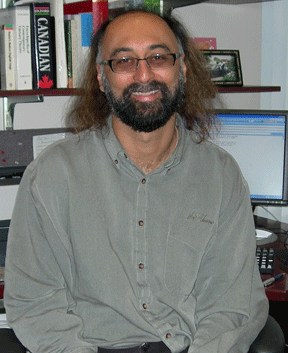
Loyola Marymount Professor Amir Hussain will be responding to the inaugural lecture of Rev. Patrick J. Ryan at Fordham this coming Thursday. Details below for all those in the New York Metropolitan area.
Annual Fall McGinley Lecture: “Faith and the Possibility of Jewish-Christian-Muslim Trialogueâ€
Inaugural lecture of Rev. Patrick J. Ryan, S.J., as Fordham’s Laurence J. McGinley Professor of Religion and Society.
Thursday, 19 November 2009 | 8 p.m.
Keating First Auditorium | Rose Hill Campus
The inaugural lecture of Rev. Patrick J. Ryan, S.J., as Fordham’s Laurence J. McGinley Professor of Religion and Society, is titled “Faith and the Possibility of Jewish-Christian-Muslim Trialogue.” The lecture will be followed by responses by Professor Amir Hussain of Loyola Marymount University in Los Angeles and Rabbi Daniel F. Polish, spiritual leader of Congregation Shir Chadash in Poughkeepsie, New York. A reception will follow the lecture, which is open to the public without charge.
For more information, contact Sister Anne-Marie Kirmse, O.P., Ph.D., at (718) 817-4746 or kirmse@fordham.edu.
